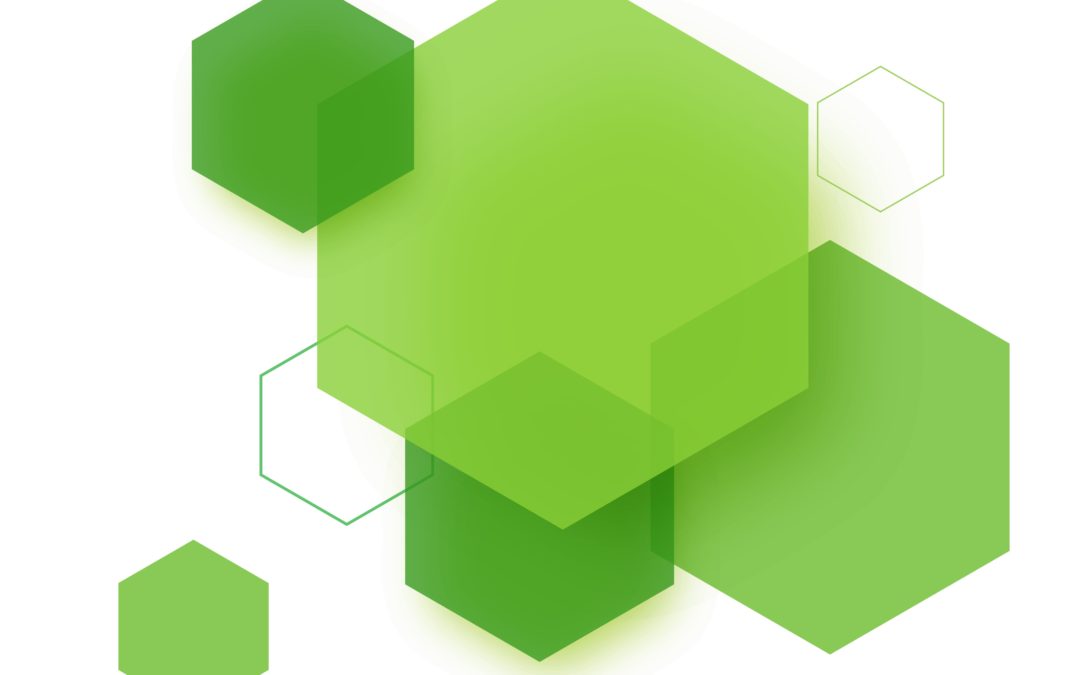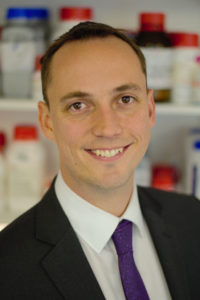
We don’t need to lay out the case for climate change, loss of biodiversity or plastic pollution; the wealth of evidence from our scientific colleagues studying this is both compelling and accepted world-wide. The bigger question really is: what can we do to stop it? NAC founder and Chief Operating Officer Dr Nick Roesen is on a mission to make both personal and corporate life as carbon-neutral and plastic-free as possible. Part of that drive is to share the things we are doing and to make it as easy as possible for others to join in.
Energy
All our equipment, centrifuges, lighting, computers, cabinets, etc. are powered by electricity and we buy 100% renewable electricity from Ecotricity. There are several suppliers entering the market, but be careful: some advertise as “green” but still include energy mixes you wouldn’t normally associate as renewable such as nuclear power. Also make sure to look for suppliers that put excess funds back into building more wind and solar farms. We are also with Ecotricity for our gas supply (heating), which is now 12% biogas.
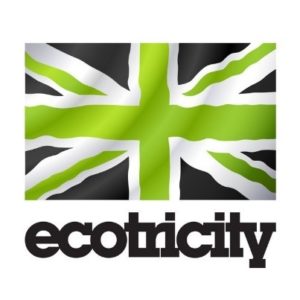
Packaging
We have also switched to eco-friendly packaging where we can, to try to increase recycling and reduce single-use plastic. Here is the range of green packaging materials we use and links to where we get them:
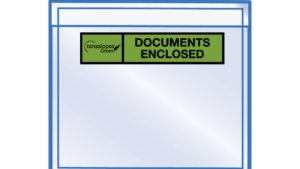
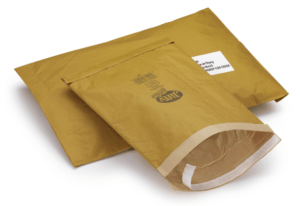
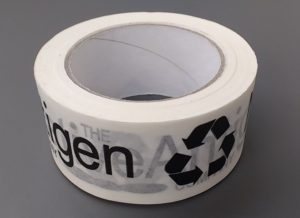
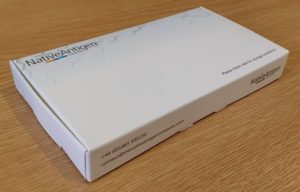
Recycling
In every office and lab we provide separate bins to allow staff members to separate waste and maximise recycling. The usual materials are included such as cardboard, paper and glass which is recycled via a commercial contract with the council. There are some additional items we recycle through the free TerraCycle program, listed below:
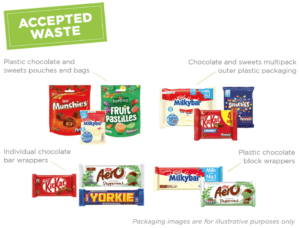
Confectionary wrappers
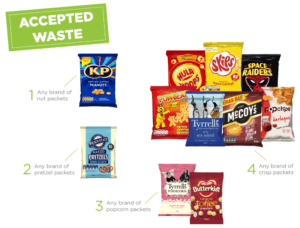
Crisp, popcorn, pretzel and nut packets
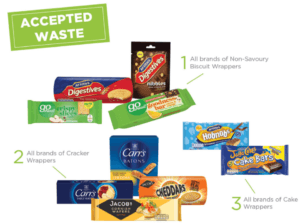
Biscuit, cracker and cake bar wrappers
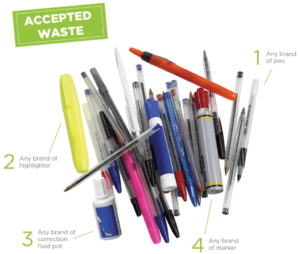
Pens, highlighters, tippex, markers
Electronic Documents
To reduce paper waste and make archiving/backup significantly easier, we have moved to electronic documents wherever possible. We use Docusign to obtain signatures on most internal forms and records, reducing the amount of new paper we buy significantly.
Transport
Several members of staff commute with Electric Vehicles (EVs). These are proving to be immensely popular due to their Zero carbon emissions (charged at home from renewable energy suppliers), silent and peaceful environment, and instant power delivery from the electric motor. We also encourage staff to cycle or take public transport to work.
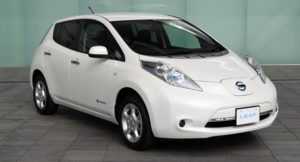
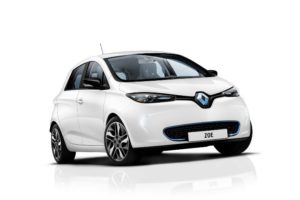
Nissan Leaf
Renault Zoe
Areas for improvement
Business travel still produces a lot of CO2 from flights etc. Ideally this could be replaced by Skype video conferencing, but we find that getting face to face with our customers is still a far better way to really drill down into their needs and provide the best customer support.
We still produce some CO2 through gas central heating. Air source heat exchangers could be installed to decarbonise heating, but this requires revamping the whole building which is by no means cheap or easy to do.
Sterile tissue culture involves a lot of single use plastic. Plastic provides excellent advantages over washing and reusing glassware as it greatly reduced contaminations, and removes the need for large washing and drying facilities, however the volume of plastic disposed of every week is disappointingly high. Perhaps novel tissue culture plasticware could be developed from starch / biodegradable materials? Who knows…
Please get in contact if you have any further recommendations on how we can achieve our dream of being carbon-neutral and plastic-free!


